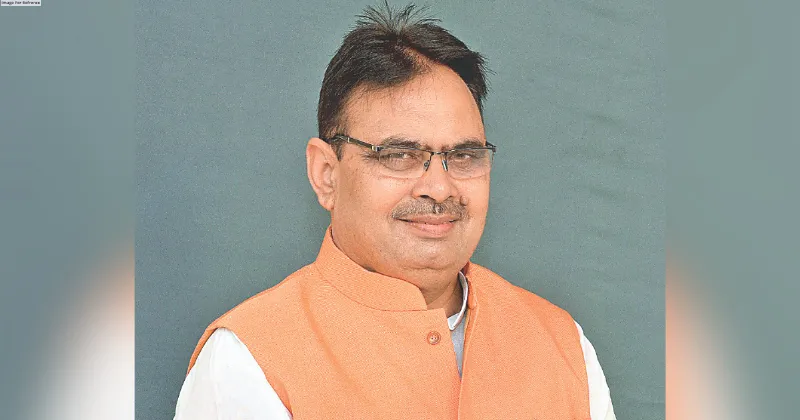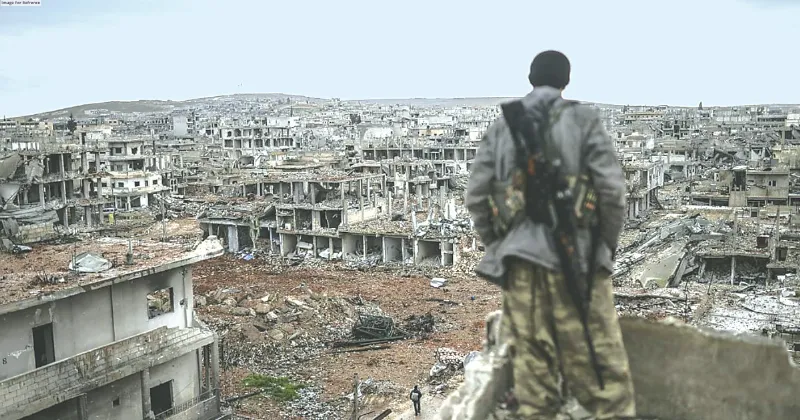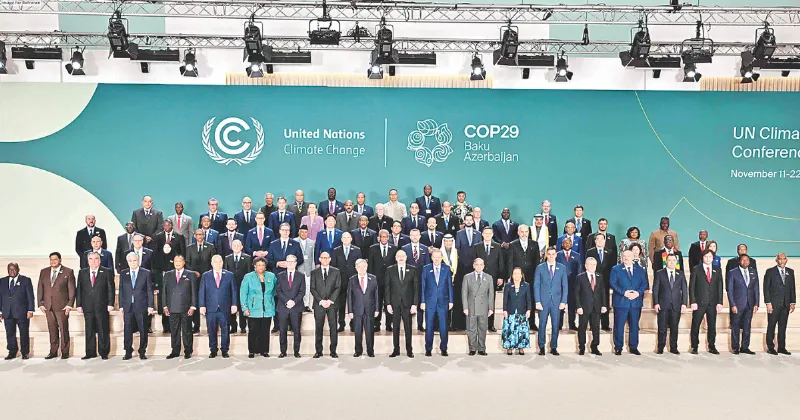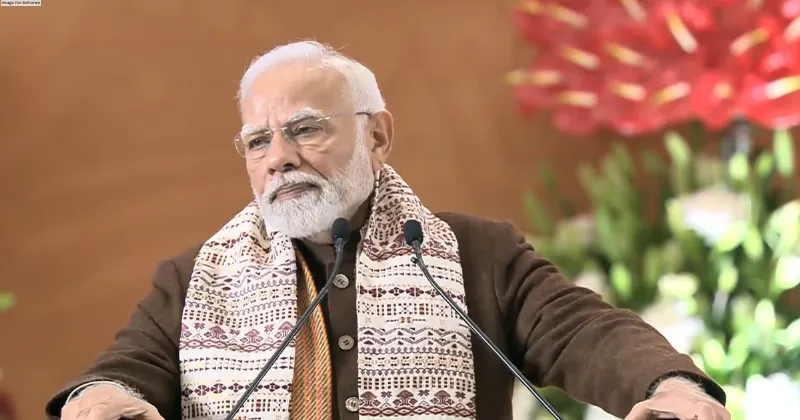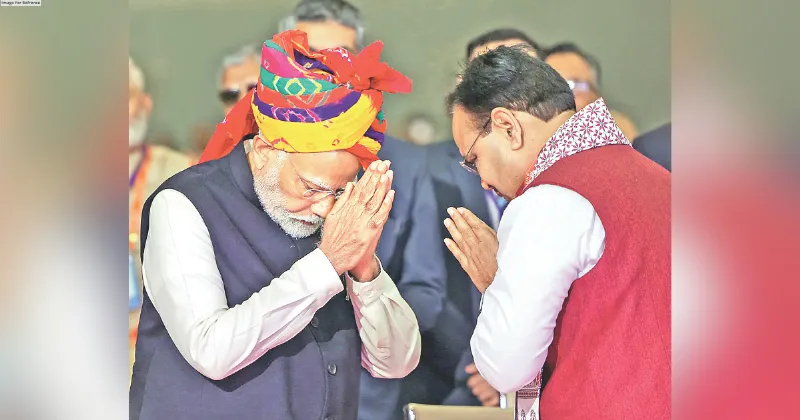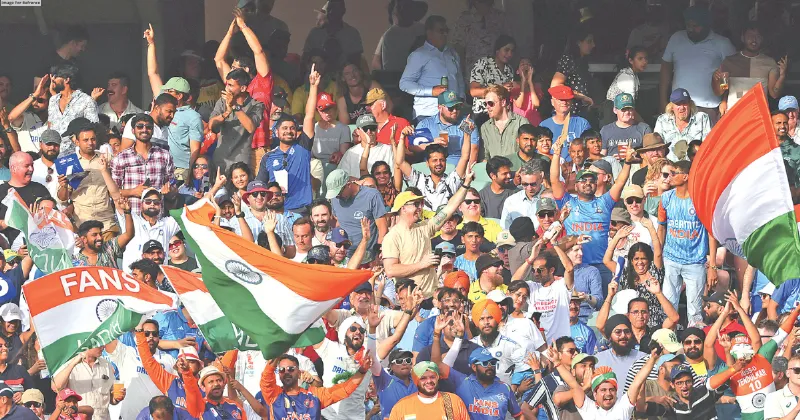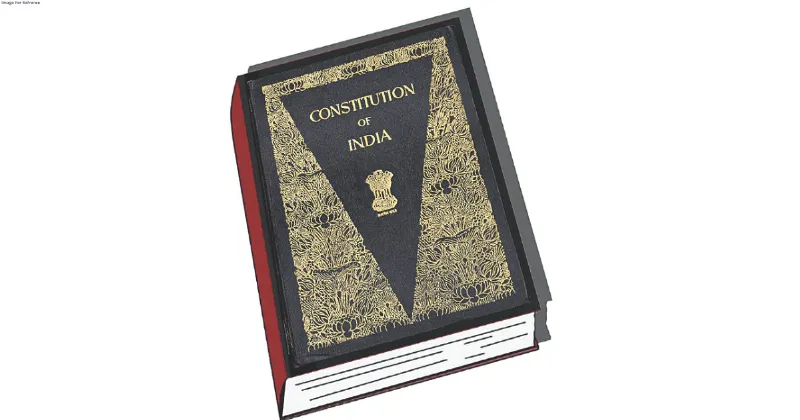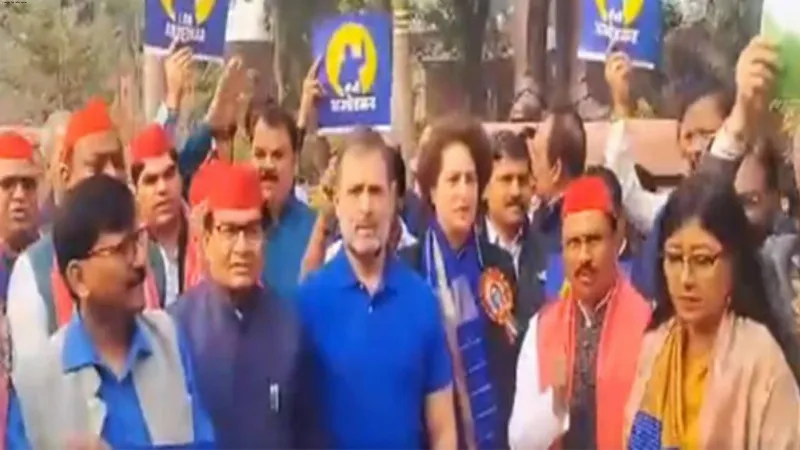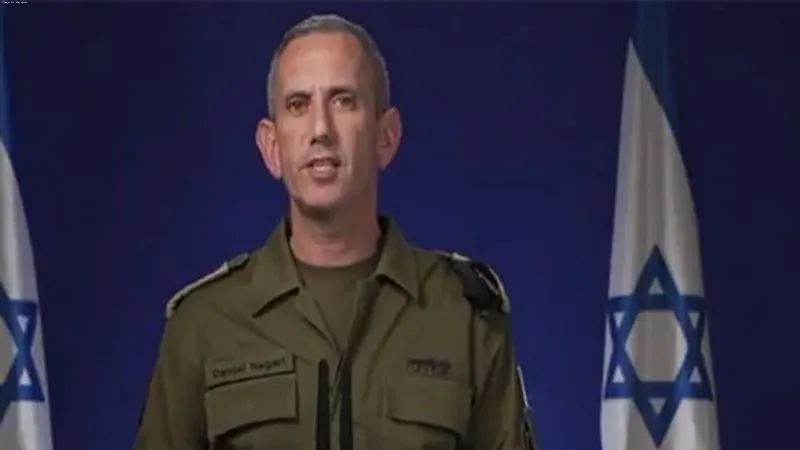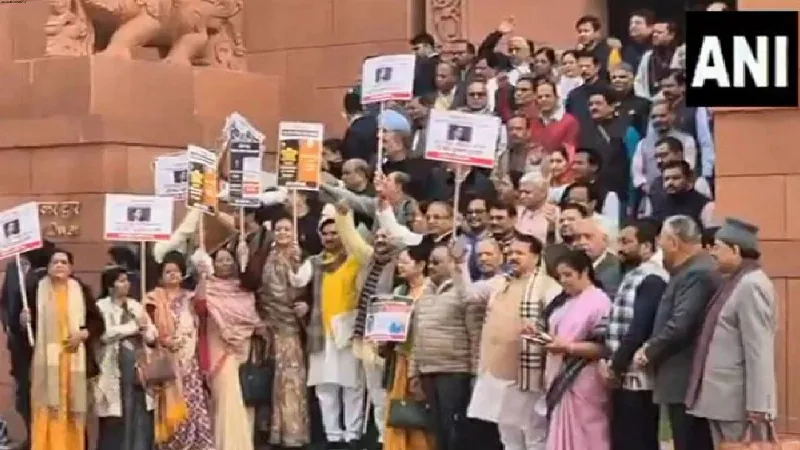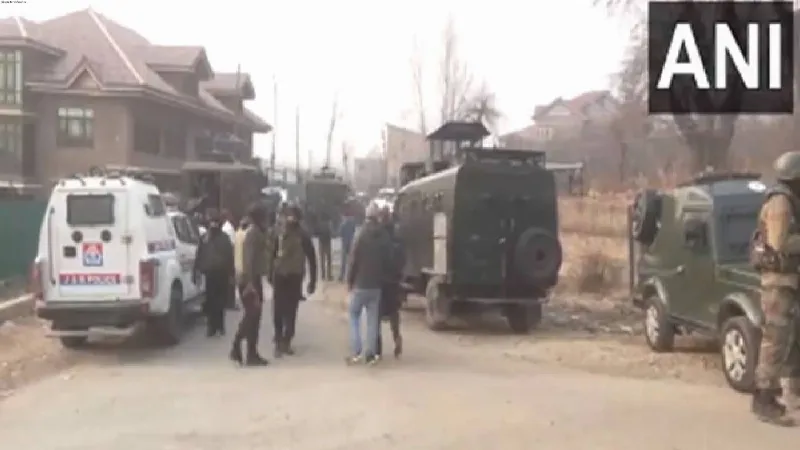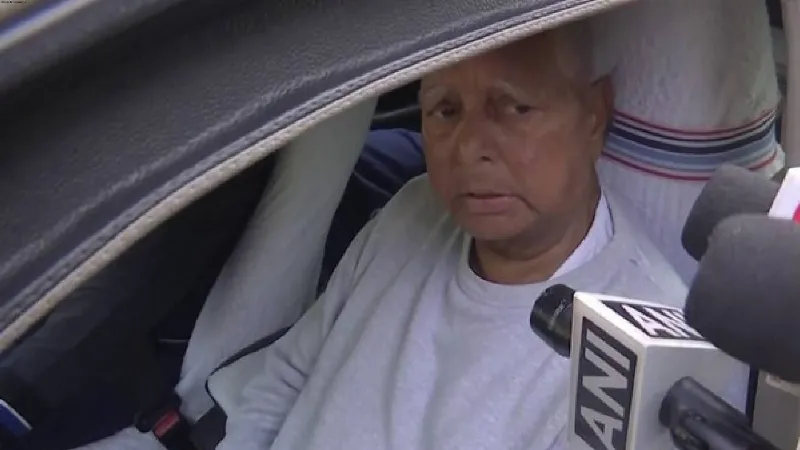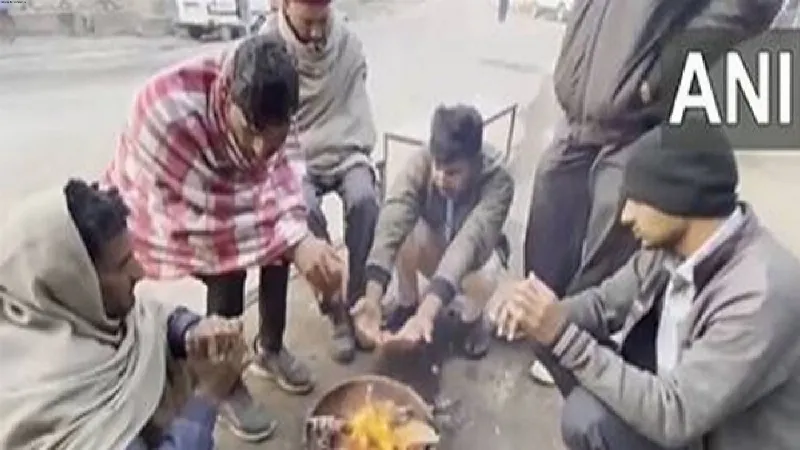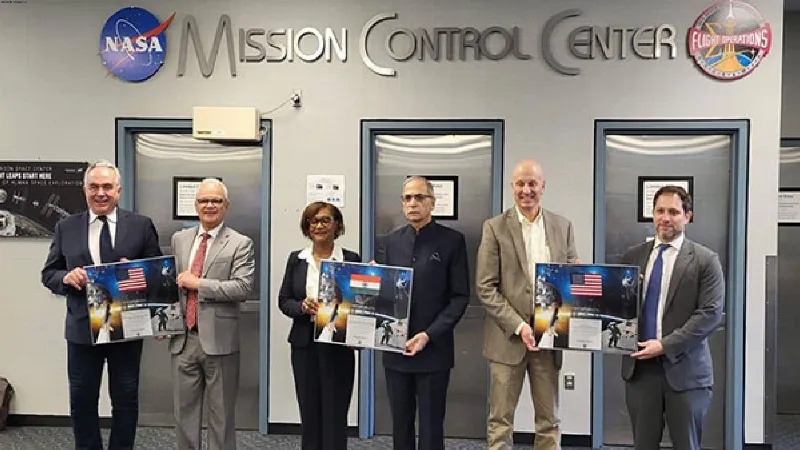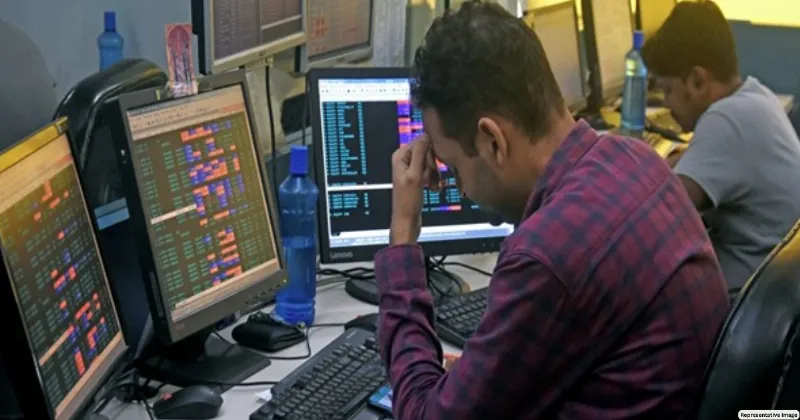Latest News
NaMo REDEFINING POLICING
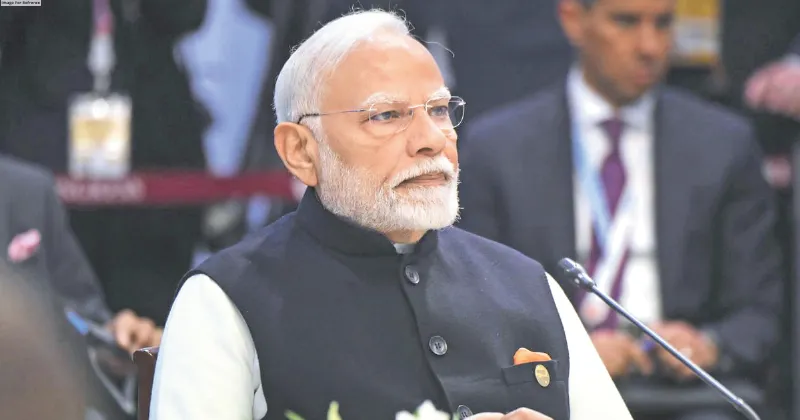
The narrators highlight that PM Modi transformed police conference into a significant platform for meaningful discussions and engagement aimed at enhancing policing. His strategy of hosting the conference in various locations has proven to be a great initiative, showcasing influence, inclusivity, and innovation.
How PM Modi transformed a routine event into a productive exercise
After becoming Prime Minister, Narendra Modi brought a paradigm shift to the objectives, format, venue, and significance of the annual National Conference of Director Generals and Inspector Generals of Police. Earlier, it was just a daylong event held at Vigyan Bhawan in the national capital, New Delhi, and that too in a very perfunctory manner, on predecided topics. From a very bland routine affair, Narendra Modi transformed it into a 3-day residential Shivir, mostly held outside Delhi. In 2014, it was held in Guwahati, Assam, for the first time. The conference has been held in various locations since then, including Hyderabad, Kutch, Lucknow, Gwalior, Pune, Kevadiya etc., over the years, that has made it a pan-India affair fostering inclusiveness. Prime Minister Modi has shown personal commitment to the conference, unlike the symbolic involvement of leaders in earlier times. PM Modi proposed innovating its format and structure, shifting from a top-down agenda to a bottom-up approach with open idea exchange. It became a true brainstorming session with equal participation from junior and senior officers spread across three days of gruelling engagement. This change has boosted junior officials’ morale, as their ideas are now heard at the highest levels. Most notably, the Prime Minister actively participates, attending all three days of discussions and keenly listens to ideas which can possibly be implemented. He keeps a small diary to note down actionable points and ideas. He jots them down and sifts out of them the actionable items. These are then shared down to the state and district levels, and their implementation is tracked at the DIB office. In the next conference, the PM would personally follow up, bringing attention to the actionable points from the previous DGs’ conference and see how far and now well they had been implemented in each state concerned. PM Modi has been instrumental in fostering an open environment for free-flowing informal conversations that encourage the exchange of new ideas and innovations in policy and strategy roadmaps. The conference now includes dedicated sessions during breakfast, lunch, and dinner, where senior police officials can share their insights and recommendations on critical policing and internal security challenges directly with the Prime Minister. Breakfast, lunch, and dinner are organised in a roundtable format, allowing officers to interact. Officers working on specific themes, such as Maoist insurgency, are seated together to exchange experiences and ideas. Before 2014, the all-important meeting was chaired by the Director of the Intelligence Bureau, and the Home Minister or Prime Minister would attend for just an hour, either at the opening or closing session and depart after their speech. But now, they participate in every session, right from the early morning yoga session to dinner, which not only motivates the police but also keeps the leaders better informed of the policies, actions and hurdles of policing in respective states. In one of the conferences, the Prime Minister shared an insightful idea. He suggested that the police should become social media-savvy to highlight their good work and improve their public image. The PM wants the police to be closer to society and the common public for better understanding of each other and subsequently, the better implementation of law and order. With the Prime Minister’s keen interest, the number of sessions and topics at DG-IG meetings has significantly increased, with a strong focus on enhancing day-to-day policing, giving a humane touch, which the PM has always stressed. The conference has also become more inclusive, featuring guest speakers, subject experts, and professionals from various fields. The 2014 Guwahati conference was a landmark event. It was the first time the conference was held outside Delhi and lasted three days instead of just one. It gave senior police officers a clear understanding of the Prime Minister’s expectations and the course of future action. They became more alert and innovative as they had a new challenge now – to perform and be accountable to the PM. Modi introduced the mantra of S.M.A.R.T policing—Strict and Sensitive, Modern and Mobile, Alert and Attentive, Reliable and Responsive, Tech-Savvy and Trained. One important thing that is close to the heart of the police force was emphasised by PM Modi. It was institutionalising the memories of police martyrs through books and sharing them with trainees during their training period. The PM asked to prepare a database of martyred cops and use the same footages and stories to startegise further action, knowing their actual operational procedure in detail to weed out the lacunae. The Prime Minister also proposed that officials nearing retirement should brief their subordinates on actionable points discussed, ensuring their implementation, so that the legacy of good work continued without break. The conference has since evolved into a hybrid model, allowing junior officers to participate virtually. The event also serves as a valuable learning opportunity for the hosting state’s police and the attending officers from other states also benefit from exposure to the host state and their policing processes. This engenders a bonding between officials of different states and cultures that proves useful in inter-state operations and case sharing or joint probes in later times. Narendra Modi made the police meet a grand and meaningful platform of discussion and engagement for better policing. The plan of conducting the conference at different places across the country has been a master stoke in influence, inclusivity and ingenuity.
COMPILED AND EDITED BY SHASHIKANT SHARMA



